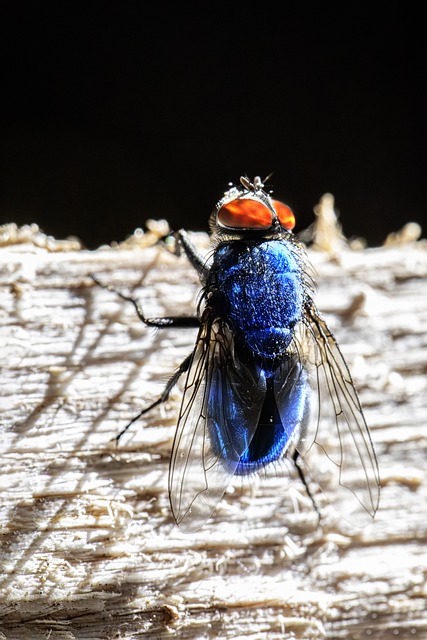Biology, the study of life, encompasses a vast and diverse field of scientific exploration. From the microscopic world of cells to the evolutionary processes that shape the natural world, biology unravels the mysteries of existence. In this article, we will delve into the intricacies of biology, exploring the diversity of life on Earth, the fascinating world of genetics and evolution, and the complex realm of microbiology. Join us on a journey through the wonders of the natural world as we uncover the secrets of life itself.
- 1. "Exploring the Diversity of Life on Earth"
- 2. "The Fascinating World of Genetics and Evolution"
- 3. "Unraveling the Mysteries of the Cell and Microbiology"
1. "Exploring the Diversity of Life on Earth"

The study of biology offers us a fascinating glimpse into the incredible diversity of life forms that exist on our planet. From microscopic bacteria to towering sequoia trees, the range of organisms on Earth is truly vast.
Biologists around the world are constantly exploring and discovering new species, helping to expand our understanding of the intricate web of life that surrounds us. By delving into the genetics, behaviors, and habitats of different organisms, researchers are able to piece together the puzzle of evolution and the interconnectedness of all living things.
Through the study of biology, we are able to appreciate the beauty and complexity of the natural world, and gain a deeper appreciation for the diversity of life on Earth. The exploration of this diversity not only enriches our knowledge, but also underscores the importance of conservation and preservation efforts to protect the incredible array of species that call our planet home.
2. "The Fascinating World of Genetics and Evolution"

The study of genetics and evolution is a captivating field within biology that delves into the intricacies of how living organisms have evolved and adapted over millions of years. Genetics, the study of heredity and variation in organisms, has provided us with crucial insights into how traits are passed down from one generation to the next.
At the heart of genetics is DNA, the molecule that contains the instructions for building and functioning of all living things. Through advancements in technology, scientists have been able to unravel the mysteries of genetics, identifying specific genes responsible for certain traits and diseases, and even editing them using tools like CRISPR.
Evolution, on the other hand, deals with how species change over time in response to their environments. It is through the process of natural selection that advantageous traits become more prevalent in a population, leading to the diversification of species. This process has shaped the immense diversity of life on Earth, from the smallest microorganisms to complex organisms like humans.
The study of genetics and evolution not only helps us understand the past but also informs our understanding of the present and future of life on Earth. By studying these two interconnected fields, biologists can uncover the mechanisms behind the amazing diversity of life forms and how they continue to adapt and evolve in a changing world.
3. "Unraveling the Mysteries of the Cell and Microbiology"

The field of cell biology and microbiology is dedicated to studying the smallest units of life – cells and microorganisms. These microscopic entities play a fundamental role in all living organisms and have long been a source of fascination for scientists seeking to understand the complexities of life at its most basic level.
Through advances in technology such as electron microscopy and molecular biology techniques, researchers have been able to unravel many of the mysteries of the cell and microbiology. They have discovered the intricate structures and functions of cells, as well as the diverse array of microorganisms that inhabit our world.
By studying the inner workings of cells and microorganisms, scientists have gained insights into processes such as metabolism, gene expression, and communication between cells. This knowledge has not only deepened our understanding of life at a molecular level but has also led to important advancements in fields such as medicine, agriculture, and biotechnology.
As research in cell biology and microbiology continues to expand, we can expect to uncover even more mysteries and unlock new possibilities for harnessing the power of these tiny but mighty entities. From developing new treatments for diseases to engineering novel technologies, the study of cells and microorganisms holds great promise for shaping the future of scientific discovery and innovation.
